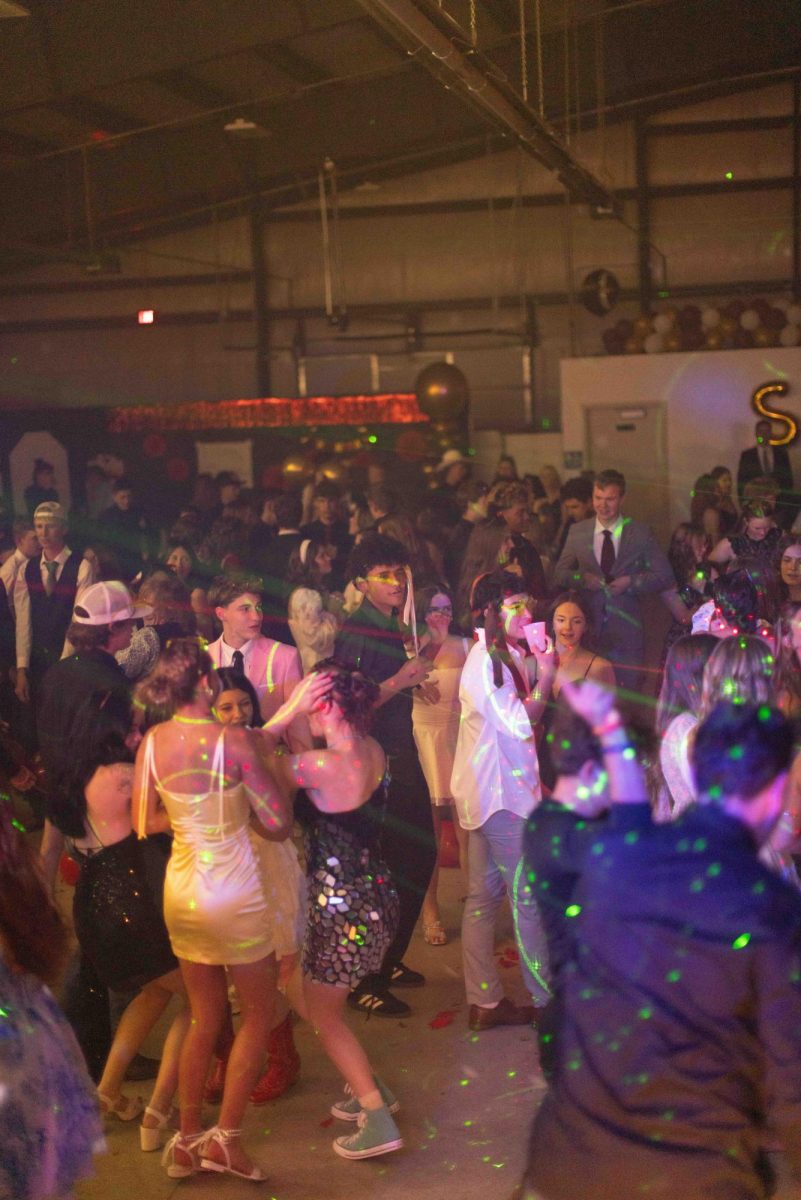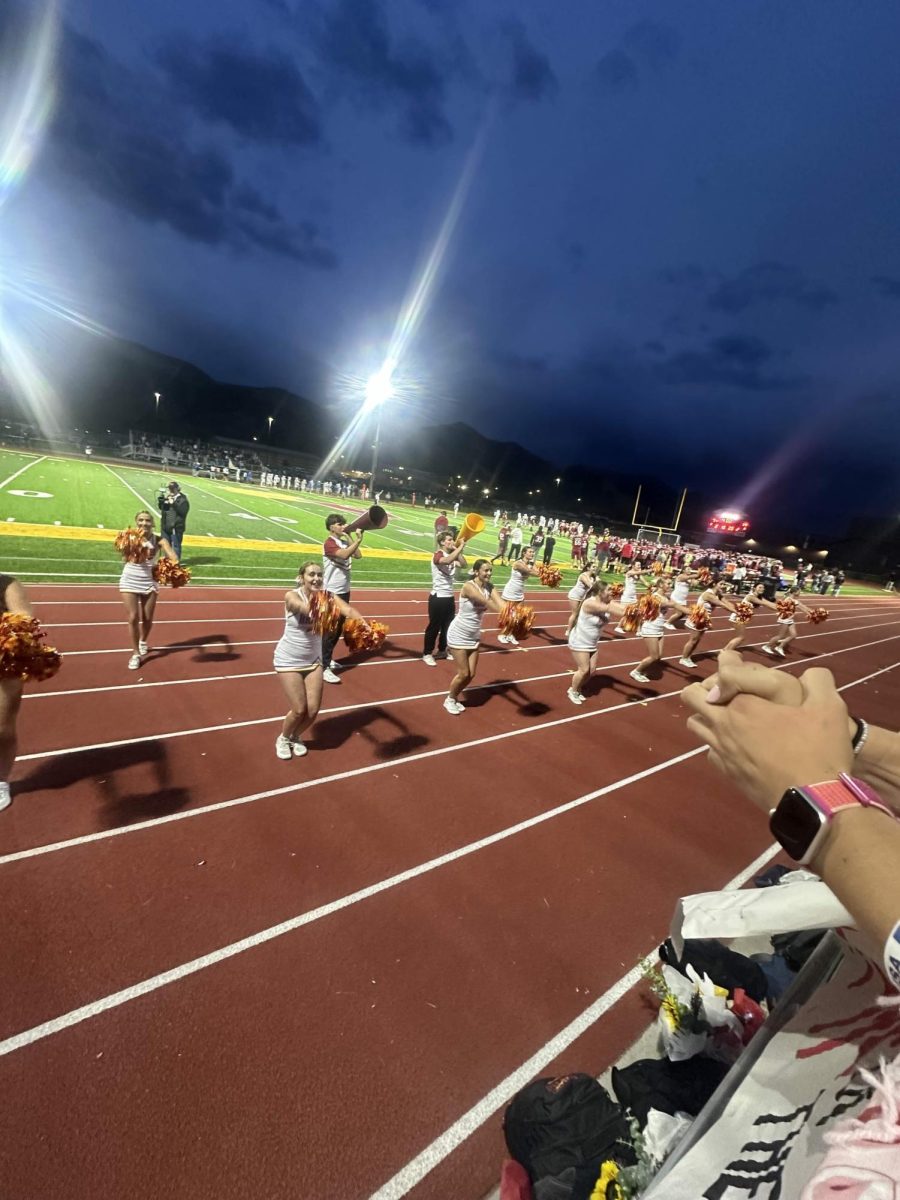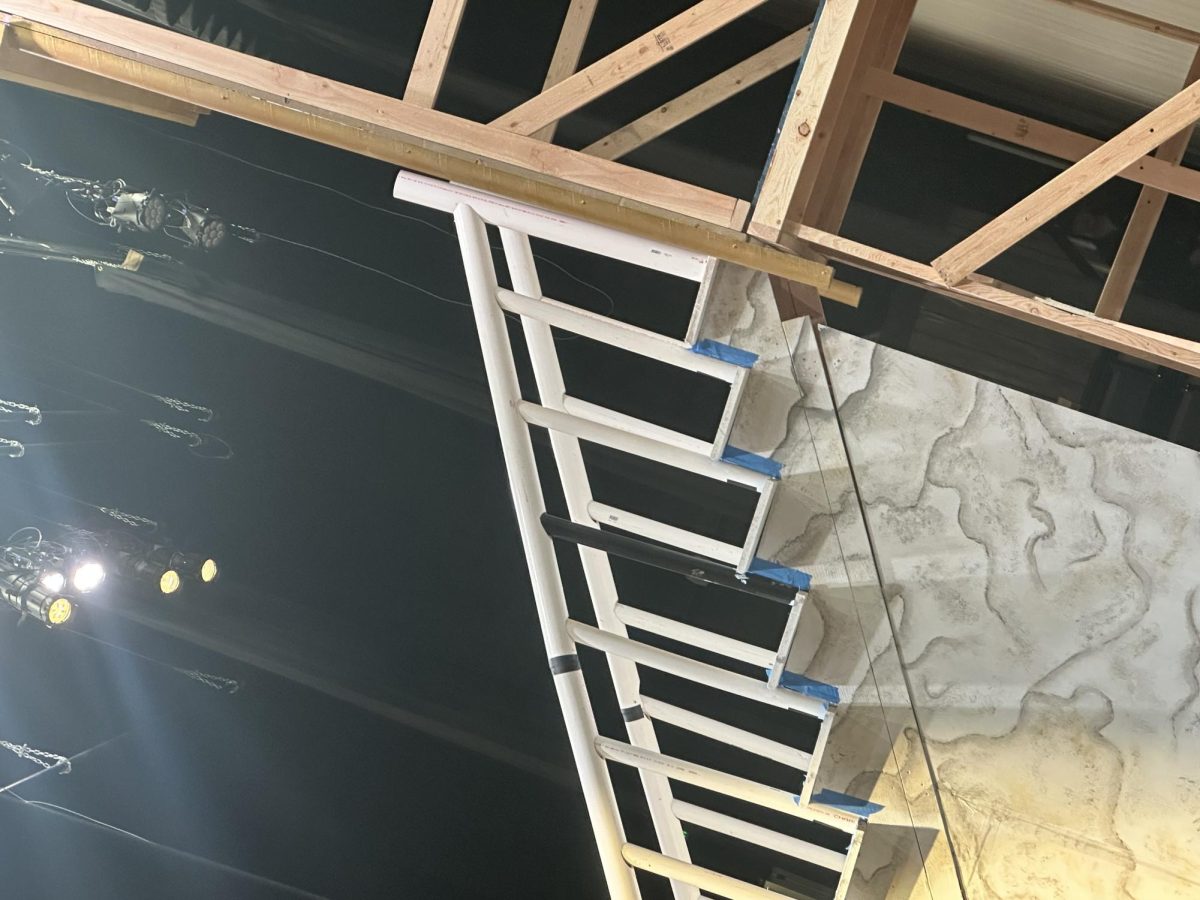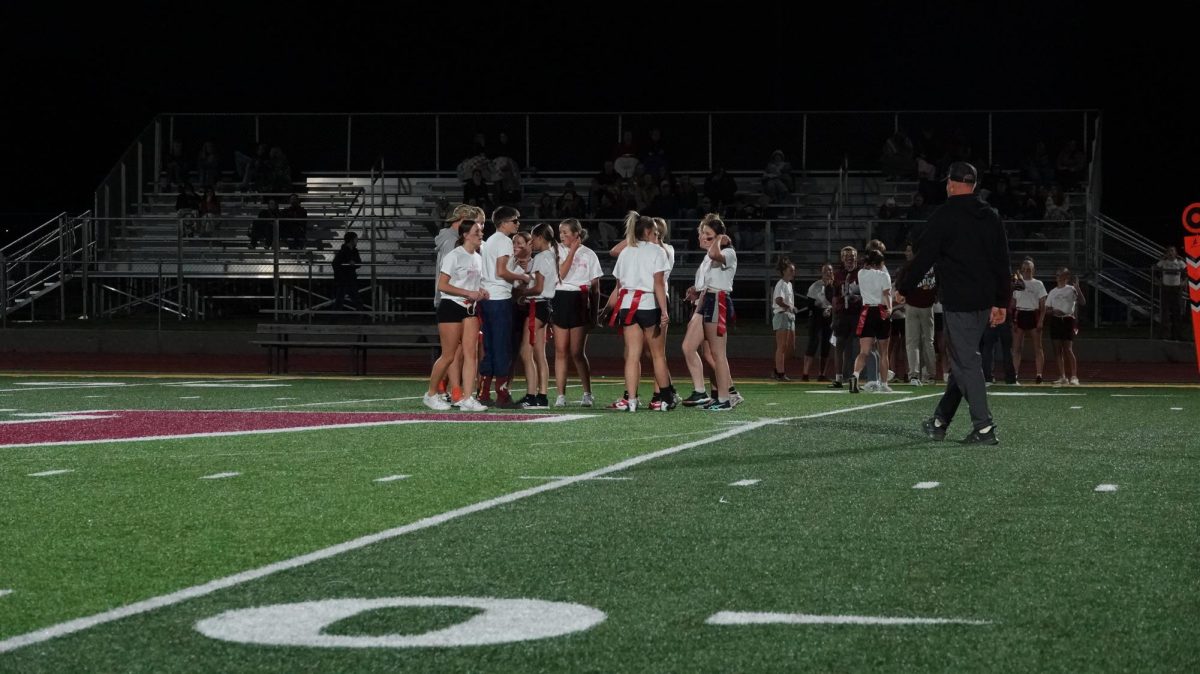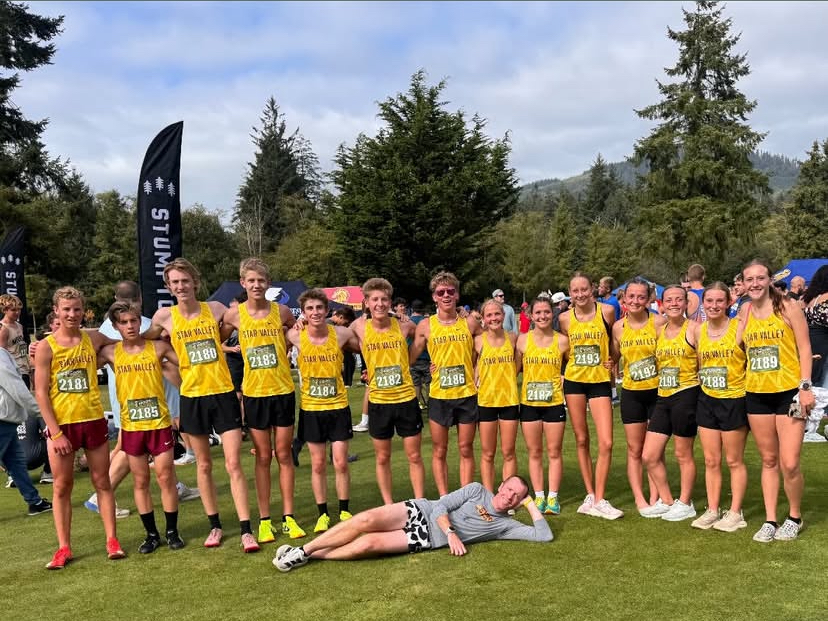ISIS was an American post metal band from Boston, Massachusetts formed in 1997. The band is named after the Egyptian god and not the terrorist organization. The band was made up of Aaron Turner, Aaron Harris, Bryant Clifford Meyer, Micheal Gallegher, and Jeff Caxide while recording “Panopticon.” The album further engrains ISIS in the world of post metal through use of melody, clean vocals, and ambient styled guitar parts while still having metal screams and heavy guitar work.The album is a concept album based on the increase of surveillance through the modern world and that the government has had a role in the increase.
“So We Did” starts out in full swing with a more ambient style of metal guitar that brings a crushing heaviness to the song before the vocals kick in, and after half a minute of this the band dials it back to somber, clean guitars, and the bass takes a more forward position in the song before one of the guitars comes back with distortion. The song comes back but with somewhat depressing clean vocals, and the guitars wrap the listeners’ ears during the song as electronics come and add to the depressive feeling of the song before it goes back to the clean guitar that invokes a sense of melancholy. The distorted guitar comes back and then the song finishes. The song is about human perseverance throughout the years, but there isn’t much to say because there are so few words in the song compared to the length of it but that may be a stylistic choice as maybe the band wanted the music to elicit a larger emotional response rather than the words.
“Backlit” starts out with the melancholic clean guitar that was present during the last song before the distorted guitar comes back, but it has a depressed feeling to it just the clean vocals that accompany it. After this the guitars become clean again, but this respite from the all encompassing distorted guitar is brief because it comes back in full, but this time the vocals are screamed with little moments of clean vocals. After that there is a major change in feel as electronics and bass take charge of the song before the guitars come back and play a nice clean part before turning dissonant and more akin to the band signature sound. Then the band plays the same riff but distorted, leading the song to a finish. The lyrical theme of the song follows the idea of the record in that we are always being watched by something. the title of the song, “Backlit”, comes in because when something is backlit you only see the outline, and in that circumstance a person loses humanity and becomes an object, which can happen in a increased state of surveillance.
“In Fiction” comes in at a whopping nine minutes long and has twenty nine or so words in it. The song starts with the atmospheric clean guitar that ISIS excels at, but the bass comes in and starts driving the song more while still keeping an atmosphere to it. The song starts to fill up more sonic territory as the guitars start playing chords, and the bass moves to the lower strings. After a few moments of this, the clean vocals come, finish, and the guitar distorts and the bass fills an undercurrent beneath it all. This combo creates a powerful sound scape that engulfs the listener. The listener is granted a reprieve from the attack before it comes back, and the bass shows a post-punk twinge for a second before following the guitar and pummeling the listener. The guitar drops out for the last half minute of the song letting the bass and drums play until the finish. The song may be about how people use art to go to fantastical worlds, but these worlds may come to reality, and when they do they aren’t that nice, and we can no longer use them as a form of escape.
“Wills Dissolve” may be the shortest song on the record at six minutes and fifty four seconds. The song starts out with electronics that have a glistening feeling to them. A clean guitar starts playing and the drums and bass join in intermittently. After half the song there is a brief pause while a distorted guitar plays a chord before the band plays the same thing but with distortion. This continues for a bit until the band goes full blast and vocals start up, but this stops and the song goes back to the clean guitar for a bit before going to full send again.The song ends with the glistening feel. The song is about how the persons in the Panopticon are having their personalities dissolve due to constant surveillance.
“Syndic Calls” starts with a drone that is soon followed by bass which is also followed by a clean guitar before the bassist turns on fuzz pedal for a brief moment. After the song fills up due to that wonderful bass sound, it gets more intense before the guitarist turns on their distortions, and the vocals turn to screams. After the song calms, it turns back to a similar style to the start of the song but slightly more intense. The song is about how the people at the panopticon are worn thin and what they wonder as they are called by the watchers.
“Altered Course” is almost ten minutes long and a full instrumental that features Justin Chancellor who is the bassist of Tool. The song starts out with the guitar making some abrasive noises while the drummer maintains a constant beat. After forty seconds of this the bass comes in and plays a line that compliments the abrasive ambiance of the guitar part before it picks up intensity. Two and a half minutes into the song, the guitars start playing these massive sounding chords, and after a minute it goes back to the guitar and drums. The guitar then plays some pleasantly melancholic chords before the drum beat switch and in the background of the song you hear the bass tremolo picking before the second bass comes in and plays the line. Throughout this part the electronics swell in and out of the song which creates an ambient sound that is oddly depressive and after a couple minutes of this the guitar, bass, and drums fade away leaving only the electronics to remain and almost haunt the listener.
“Grinning Mouths” is the final track on the record, clocking in at 8:26. It is the most overtly thematic song on the album, directly addressing its central concept. The track opens with a slightly distorted guitar accompanied by an electronic drone. As the bass enters, additional distortion is introduced briefly before the cycle repeats. This buildup leads to a fully distorted section, which then strips back all layers to reveal a sparse arrangement of clean guitar, bass, and drums. The song crescendos into a chaotic mix of distortion and screamed vocals before transitioning back to clean guitar. However, this time, the bass is distorted. It crescendos again, leading into another intense section with clean guitar, followed by distorted guitars that are more restrained than in the earlier climax. The song concludes with the heaviest riff on the record, allowing the listener to fully immerse themselves in the raw power of the distorted guitar. The band uses the metaphor of a plague to explore the prevalence of mass surveillance. They evoke unsettling imagery of a person drooling and licking their lips to convey how eager some are to impose surveillance on others. By the song’s end, the lyrics question whether the narrators themselves are under observation.
ISIS created one of the most boundary-pushing metal records of the century by blending pleasant clean guitars, shimmering electronics, post-punk bass, and heavy soundscapes that are able to articulate emotion almost impossible to summon without vocals.


